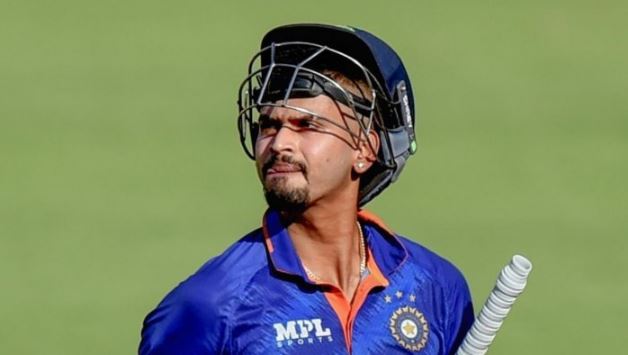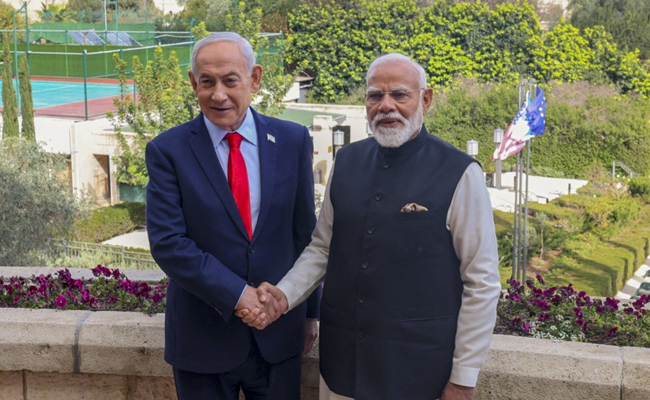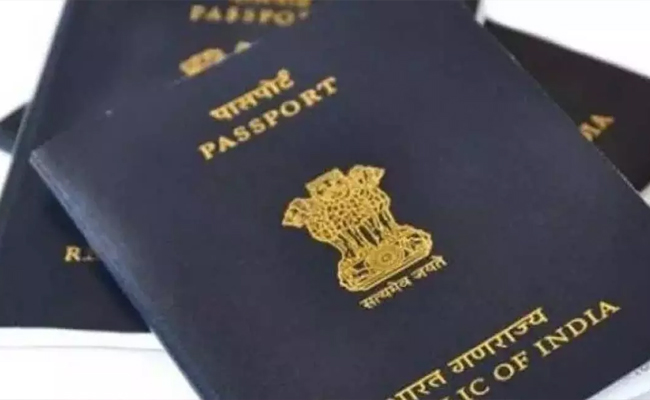Mumbai, Mar 15: India fielding coach T Dilip, on Wednesday officially confirmed that middle-order batsman Shreyas Iyer has been ruled out of the upcoming three-match ODI series against Australia, starting Friday, due to recurrence of lower-back injury.
That Iyer has been ruled out of ODIs, was first reported by PTI on March 11. It is learnt that there is almost negligible chance of the stylish Mumbaikar taking any part in cash-rich IPL for KKR. Iyer leads KKR in IPL.
He is currently back in NCA for extensive rehabilitation but it couldn't be confirmed whether he would also require surgery like Jasprit Bumrah and Prasidh Krishna.
"Injuries are a part and parcel of the game. We have the best medical facilities and they are well-equipped We are in co-ordination (with NCA). Shreyas ruled out of this series. (We will be able to provide) further update as and when we know," told India's fielding coach T Dilip told media in his debut press conference.
The right-handed Iyer, who had made a comeback into the Indian side recently during the four-Test series against Australia after recovering from a back injury, complained of experiencing similar troubles during the fourth and final Test in Ahmedabad.
As a result, Iyer was taken for scans by BCCI's medical team with the message being relayed that the batsman was being monitored. Iyer did not bat in India's only innings at Ahmedabad, wherein they finished at a strong 571 bolstered by Virat Kohli's 186.
The injury is expected to keep Iyer out of action for at least the first half of the 2023 edition of the Indian Premier League, which begins on March 31. Iyer is the designated captain of two-time title winners Kolkata Knight Riders and it seems they will be in search of a new leader.
Let the Truth be known. If you read VB and like VB, please be a VB Supporter and Help us deliver the Truth to one and all.
Jerusalem (PTI): India and Israel on Thursday elevated their "time-tested" relationship to a special strategic partnership and agreed to soon firm up a "mutually beneficial" free trade deal even as Prime Minister Narendra Modi strongly backed the Gaza peace initiative, asserting that humanity must never become a victim of conflict.
Following talks between Modi and his Israeli counterpart Benjamin Netanyahu, the two sides inked a plethora of agreements to expand cooperation in areas of trade, agriculture, energy, cyberspace and digital payment.
India and Israel also vowed to expand their already close defence partnership by working towards joint development and joint production of military hardware under the framework of the transfer of technologies.
In his media statement, Modi said India's security interest is linked to peace and stability in the Middle East, adding that New Delhi fully supports the Gaza Peace Initiative.
"India's stance is clear: humanity must never become a victim of conflict. A path to peace has been created through the Gaza Peace Plan. India has fully supported these efforts," he said.
"In the future as well, we will continue dialogue and cooperation with all countries," he said.
PM Modi landed in Israel on Wednesday on a two-day visit. It is his second visit to Israel in nine years.
In his remarks, the prime minister said India and Israel have a united view that there is no place for terrorism in the world and both sides stand shoulder-to-shoulder in countering terrorism and its supporters.
"Our relationship is founded on the strong bedrock of deep trust, shared democratic values, and human sensitivities. Our bond has stood the test of every trial of time," he said.
"Today, we have taken the historic decision to elevate our time-tested partnership to the status of a 'Special Strategic Partnership'," he said.
The prime minister also announced the establishment of an India-Israel critical and emerging technologies partnership to impart a new momentum for cooperation in areas of artificial intelligence, quantum, and critical minerals. "I am pleased that an agreement has been reached for the use of UPI in Israel," he said.
The prime minister, referring to the threat of terrorism, said India and Israel will continue to confront the menace unitedly.
"India and Israel are completely clear that there is no place for terrorism in the world. In any form, in any expression, terrorism cannot be accepted," he said.
"We have stood shoulder-to-shoulder in opposing terrorism and its supporters, and we will continue to do so," he added.
India and Israel also discussed the implementation of the India-Middle East Europe Economic Corridor (IMEC) and cooperation under the framework of I2U2 (India-Israel-UAE-USA).





